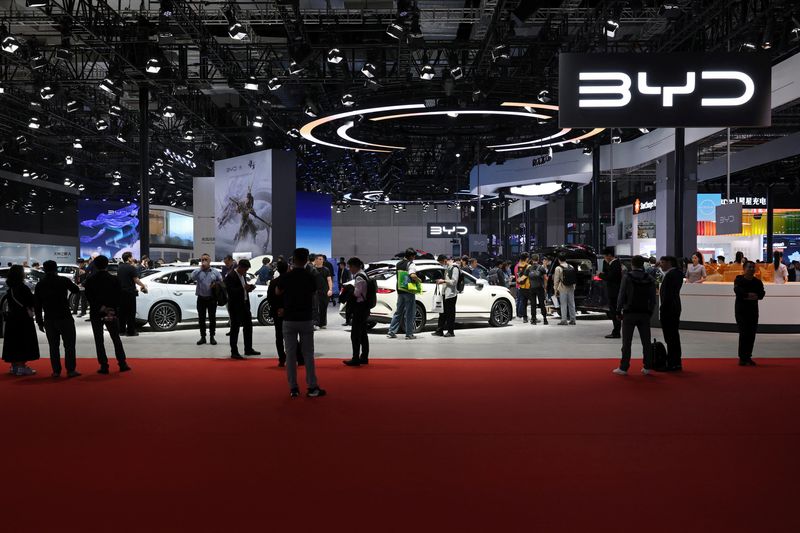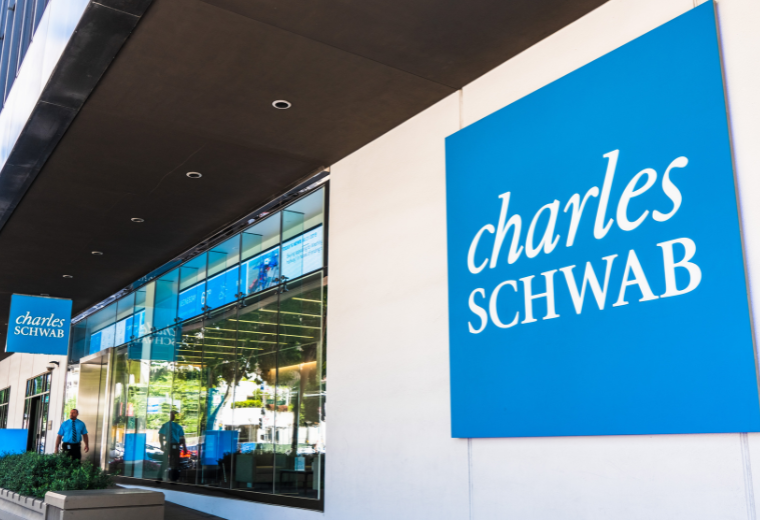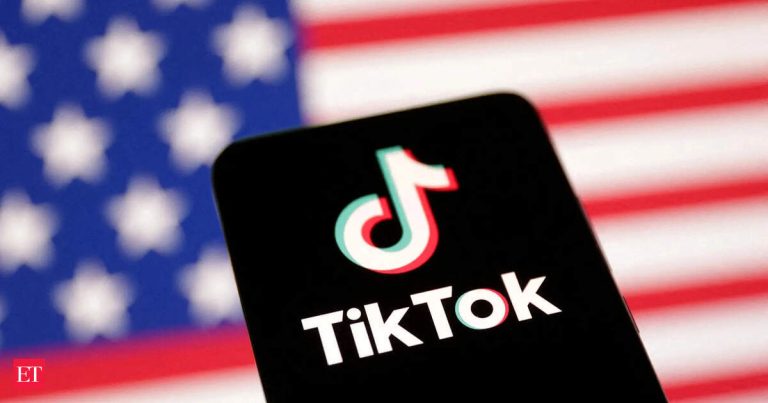
(Reuters) -China’s auto sector is reeling from overcapacity and an prolonged worth warfare, elevating alarm amongst regulators and business executives who warn the turmoil is undermining the sector’s long-term viability. China’s prime leaders have pledged to step up regulation of aggressive price-cutting and assist the orderly phasing out of outdated manufacturing capability, state media reported earlier this month.
LSEG knowledge for 33 listed automakers headquartered in China present a broad deterioration in key monetary metrics over the previous six years, highlighting the influence of a brutal worth warfare that started in 2023.
Information confirmed that the common time carmakers took to pay their suppliers and different short-term collectors widened to 108 days in 2024 from 99 days in 2019.
On June 1, new regulation kicked in, requiring massive firms to settle funds inside 60 days of receiving items, engineering providers or supplies.
Joerg Wuttke, Washington-based companion at DGA-Albright Stonebridge Group, mentioned that European and German suppliers typically paid suppliers inside 40 to 50 days.
“That (new regulation) goes to implement a extra degree taking part in discipline and mainly cease these automakers from turning their suppliers into bankers,” he mentioned.
Amongst main manufacturers, prime electrical automobile vendor BYD took a median of 127 days to pay suppliers and different short-term collectors in 2024, up from 81 days in 2019, the LSEG knowledge confirmed.
When requested concerning the knowledge, BYD mentioned its common fee interval to suppliers that lined each accounts payable and notes payable dropped to 127 days by 2024 from 139 days in 2019.
Geely Vehicle’s fee interval additionally rose to 193 days in 2024 from 139 days in 2019, in accordance with LSEG knowledge.
Geely declined to remark.
Bucking the pattern, Nice Wall Motor Co shortened its fee cycle to 94 days in 2024 from 115 days in 2019. The corporate didn’t reply to a Reuters request for remark.
The sector’s mixed stock ranges greater than doubled to 370 billion yuan ($51.55 billion) in 2024 from 2019, whilst sellers complained of many corporations dumping vehicles on them to satisfy excessive gross sales targets.
Complete debt amongst carmakers surged 56% to 959 billion yuan final 12 months from 2019’s degree. The median debt-to-equity ratio climbed by 21 share factors to 51.3%.
The sector’s median internet revenue margin fell to only 0.83% in 2024 from 2.7% in 2019.
BYD, nonetheless, boosted its revenue margin to five.4% from 1.7% in 2019. The corporate, which makes vehicles and cell phone parts, attributed the development to a change in its enterprise combine because the contribution of automotive-related income as a share of whole income grew from 49.5% to 79.4% over the interval.




